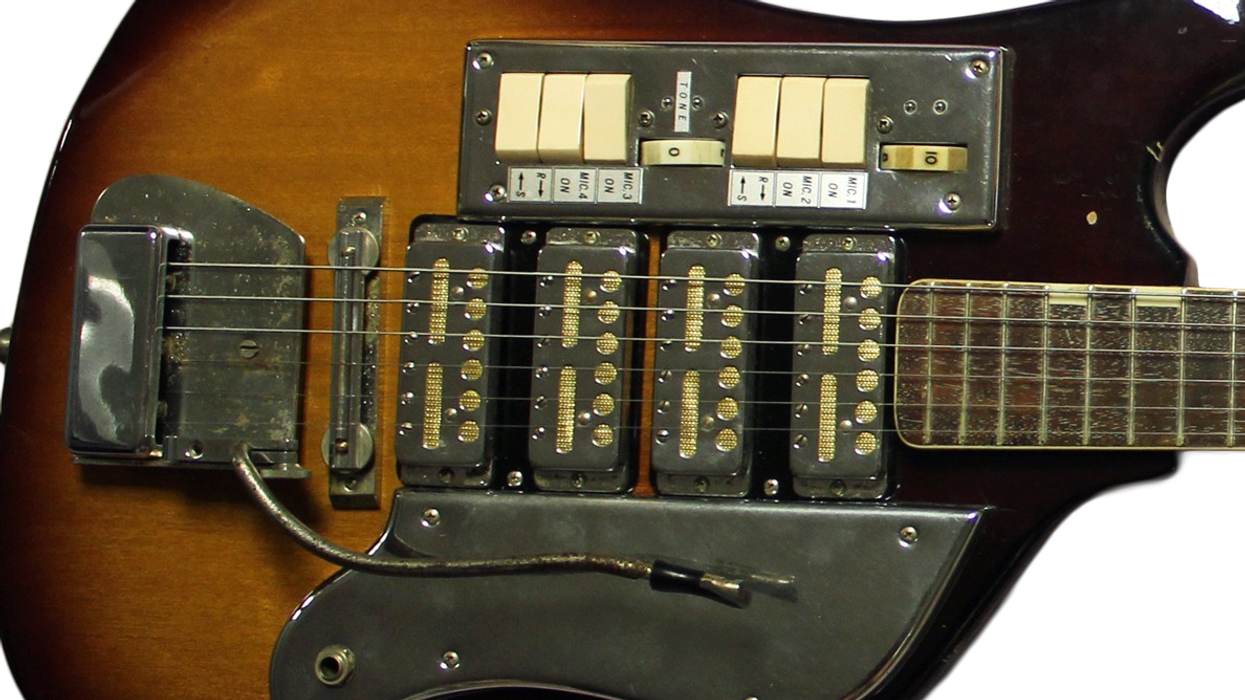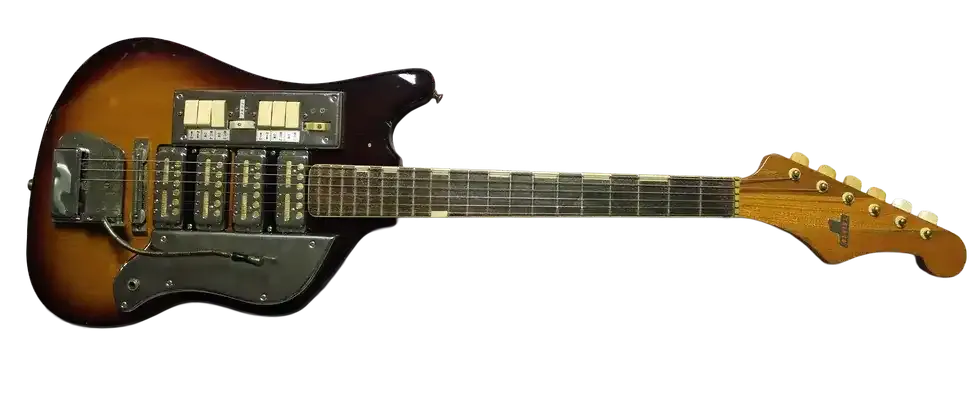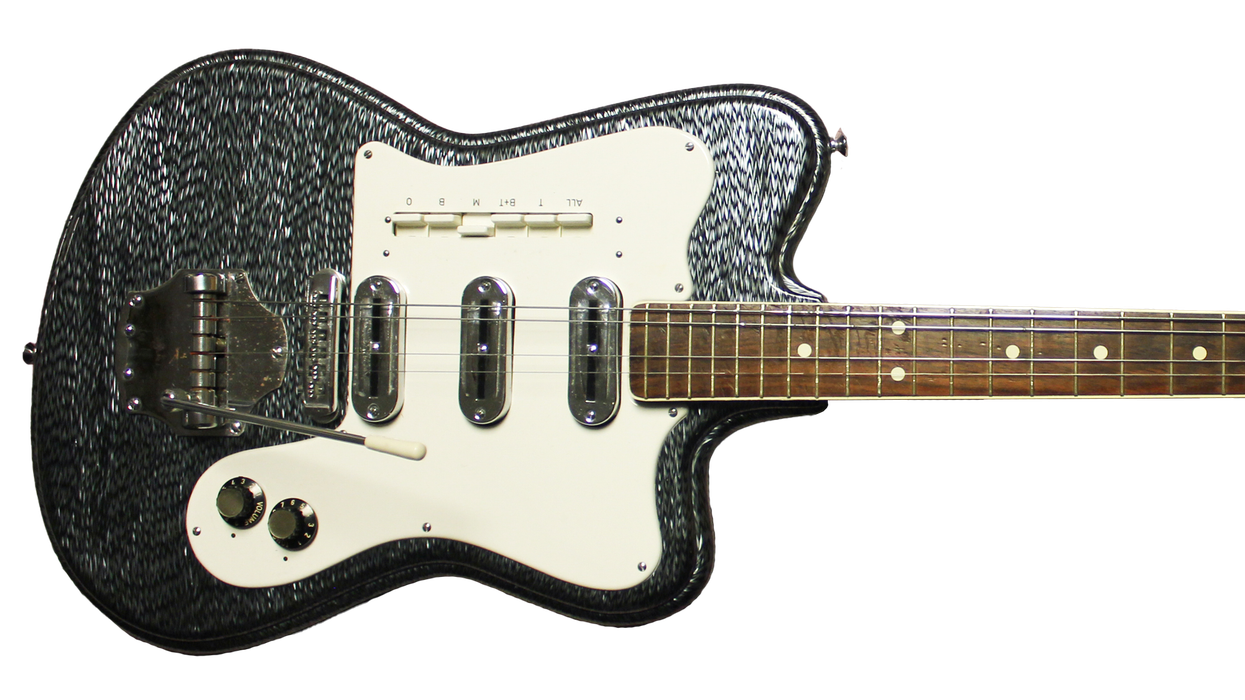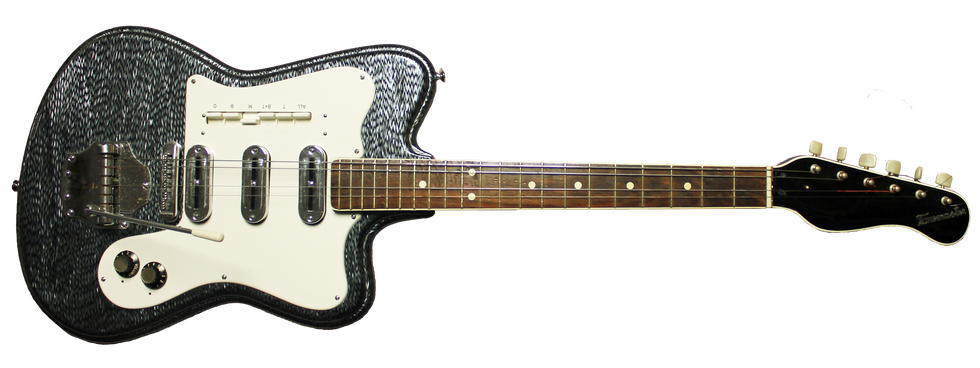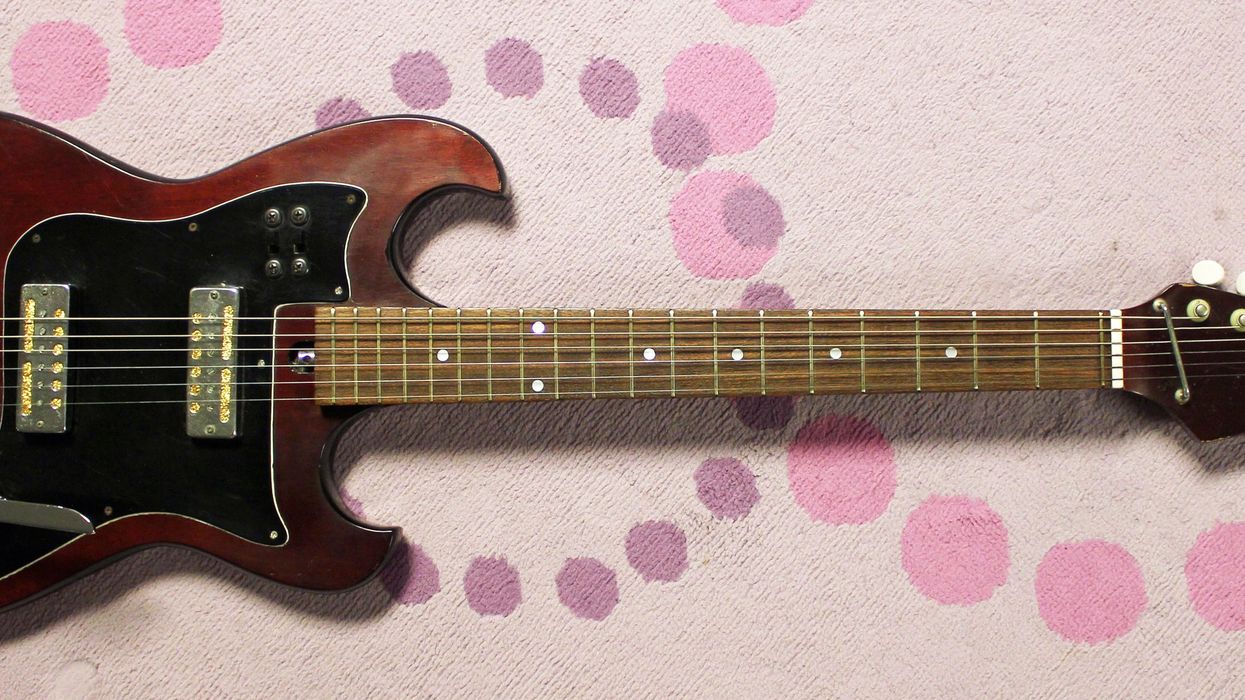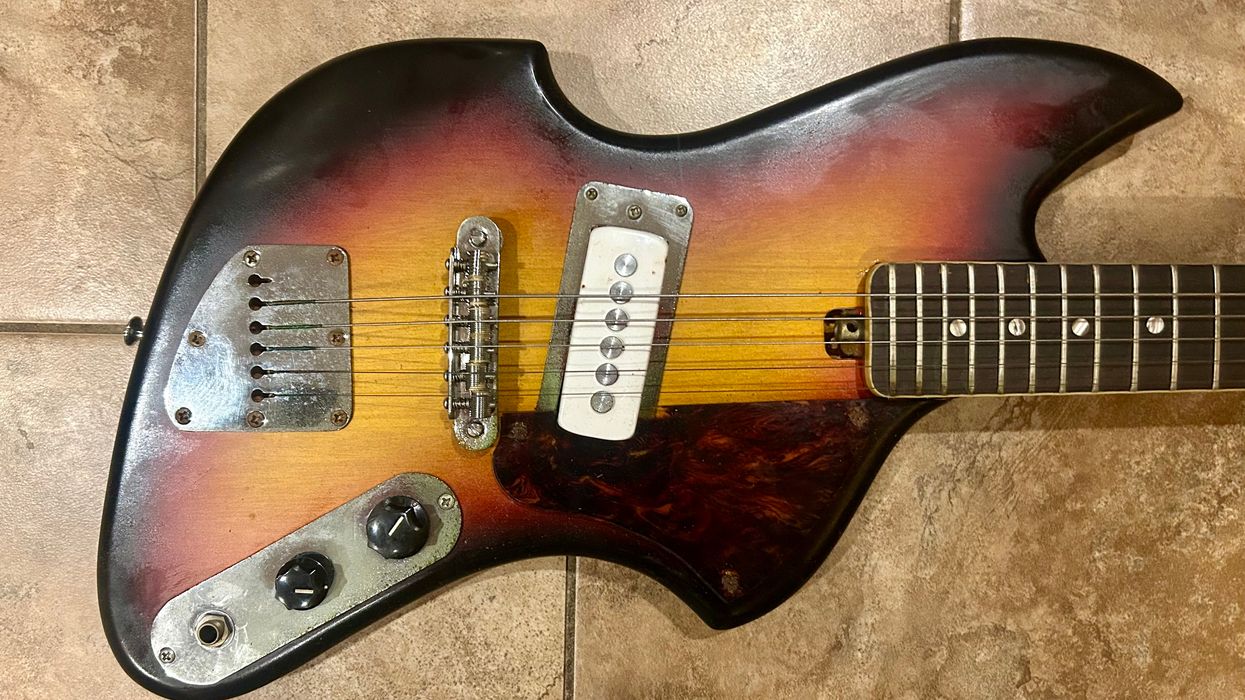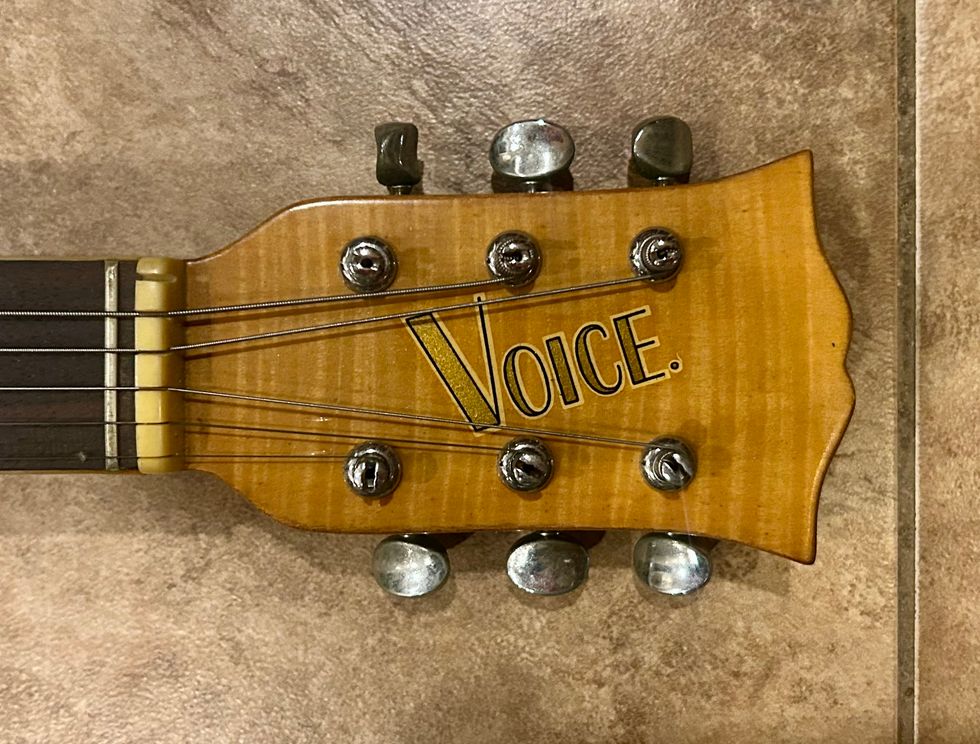I'm getting old. Yeah, I know what you're thinking: "We're all growing old!" But man, I've been feeling it lately thanks to technology and the speed at which it progresses. I was thinking about this the other day after a puzzling talk with my daughter. She was wondering why I had certain songs available on my phone and she didn't. I explained how some songs I'd bought online and some I ripped from CDs. "What do you mean ripped?" she asked. Like, pulling tunes from CDs and putting them onto a computer isn't ancient technology, right? But there I was, contemplating the simpler times of record stores with rows of vinyl and stacks of CDs. That's when I figured I was really getting old, because of my pining for those days and my general aggressive distaste for the new way of doing things.
As I thought about digital music and streaming, I went way back to my childhood and remembered my parents having wonderfully clunky 8-track cassettes of Creedence Clearwater Revival and rather informative LP jackets for Jimi Hendrix, the Beatles, and even the Grease soundtrack. With these tangible nuggets, I was learning to read lyrics and discovering all sorts of trivia, which has served me well to this day. Now, as I'm closing in on 50, I think about my parents' generation and how the music experience was something altogether different. When I was a teenager, it was a blast to find Nirvana bootleg CDs or obscure 7-inch punk platters. But for my parents, record stores were a bit more immersive, since you could also buy audio gear and electric guitars in them. Yes, right there alongside listening booths and cabinet speakers were guitars and amps!
This guitar is like Chet Atkins on acid, with the RPMs all sped up!
For a little while in the 1960s and '70s, American Decca sourced some of the cheapest guitars to ever land on U.S. soil. These guitars were made by smaller Japanese factories, carried the Decca brand name, and almost all retailed for under $100. The model names were kind of blah. Every guitar started with DMI and then a sequence of numbers. Hollowbody guitars were DMI 500 (one pickup), DMI 501 (two pickups), and DMI 502 (three pickups).
Decca Records was a company with physical store locations that also dabbled in other interesting endeavors with their entertainment division. This is where the company sold not only phonographs but guitars, amps, drums, bongos, organs, and a full line of musical accessories. It was a genius marketing strategy, even though I'm not so sure it was financially successful.
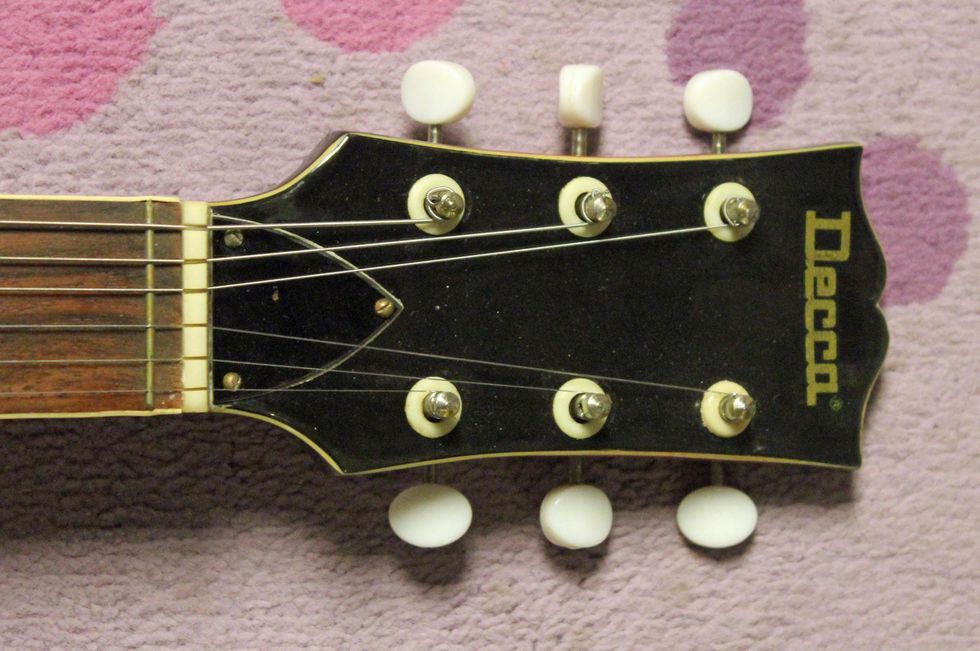
For a short time in the '60s and '70s, Decca-branded guitars were available through Decca retail stores.
Take a look at this 1967 DMI 502. At $99.95, this guitar was Decca's most expensive 6-string. (At this writing, Reverb had one listed at $375.) I could just imagine some crazy kid taking this guitar home and making insane banshee noises throughout the house. This guitar is reminiscent of the Harmony Rocket, since it's a shallow-bodied hollow with three pickups and a tremolo. The switching is rather standard, with three on/off pickup sliders and a volume and tone knob. But the magic is in the super-thin wood used for the construction. This guitar simply resonates like none other, and with the super-hot pickups it's quite literally a feedback machine. My goodness, these are guitars you fight, and, for the novice, I can't imagine the struggle. With high action, small frets, and barely able to hold in-tune, these old Decca guitars needed some serious work to get them close to playable.
I suppose in my "old age" I've learned to appreciate all sorts of guitars and basically accept the good and the bad. This guitar is like Chet Atkins on acid, with the RPMs all sped up! If you want a guitar with pseudo built-in distortion and echo (thanks to the microphonic pickups and thin wood construction), then this is the one for you. I could totally see this being a great guitar for some psychobilly band that's all revved up and out for blood. Then again, I suppose the youth of the 1960s had a different idea if they were buying a big ol' hollowbody guitar.




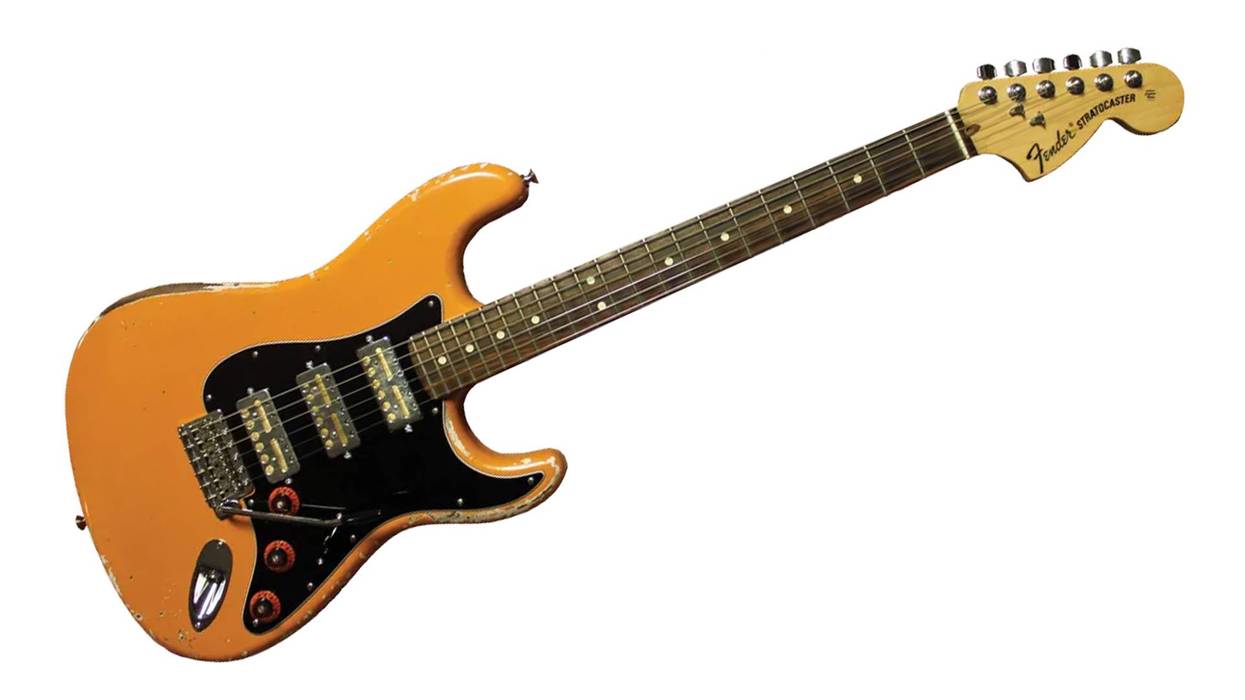

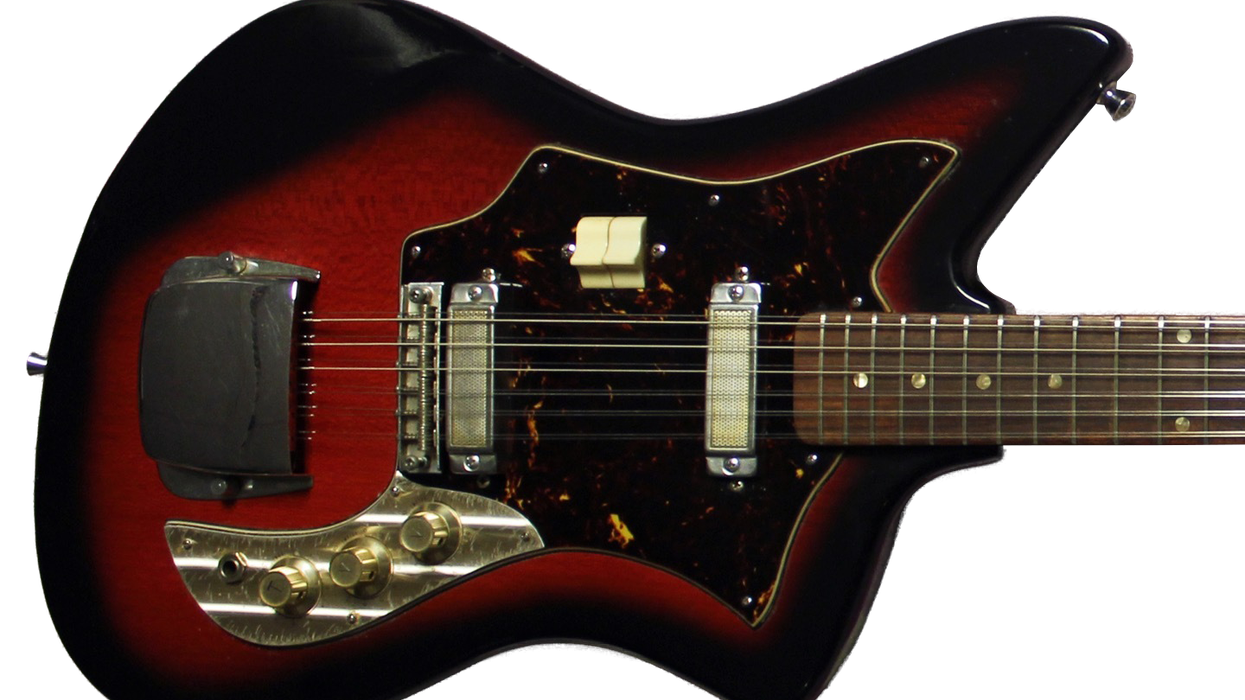
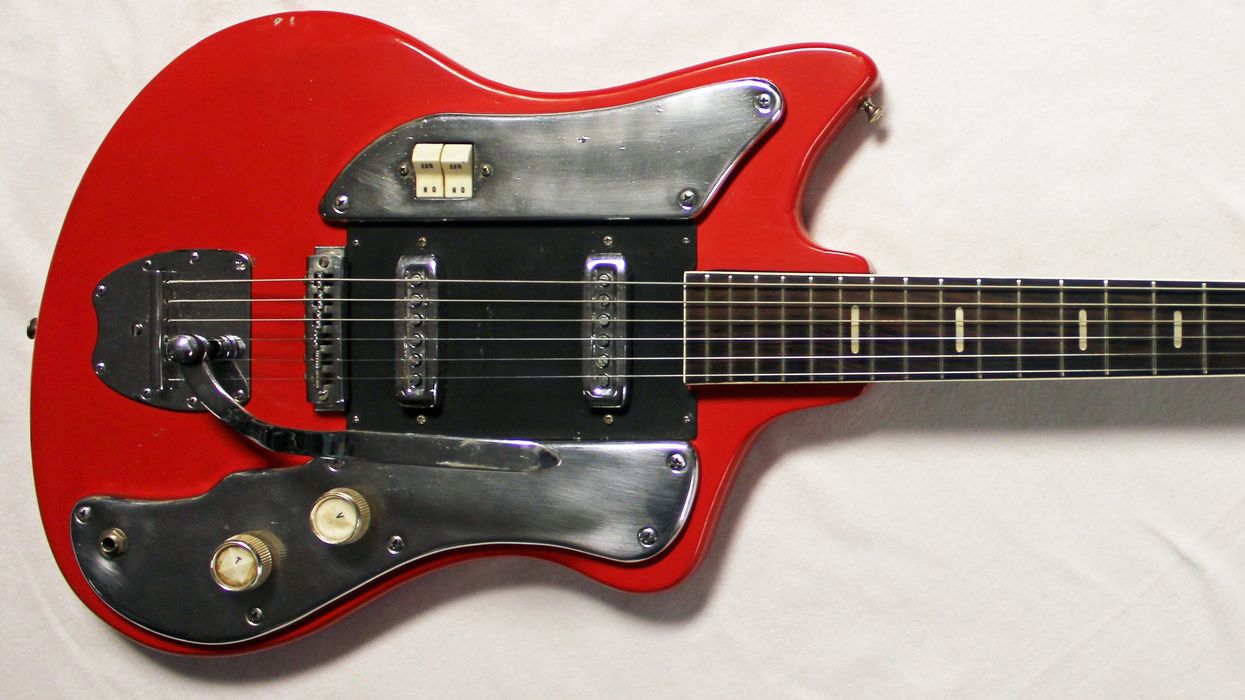
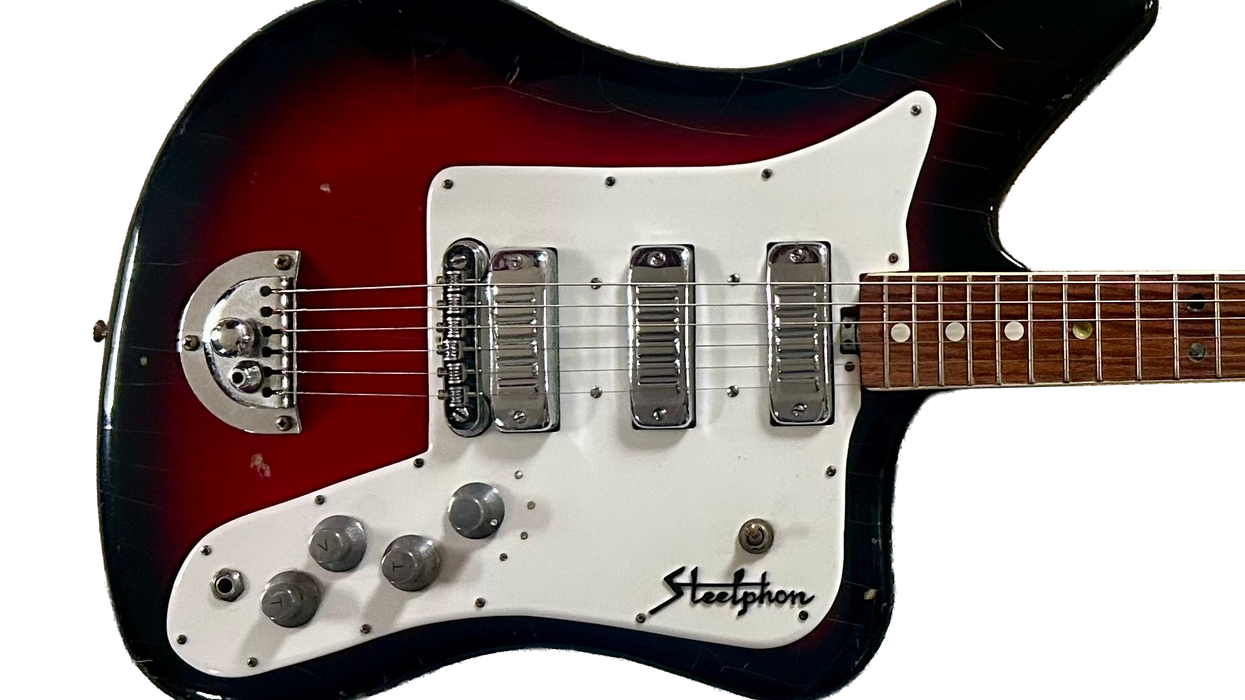
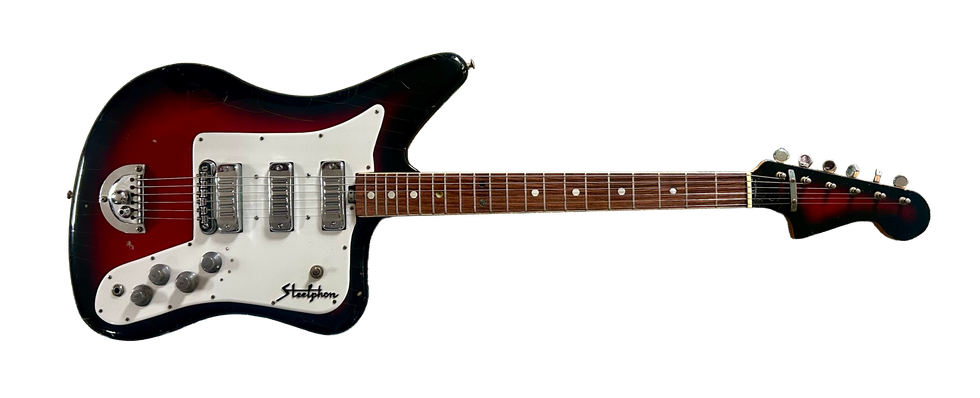 Then, in the dream, I “awoke” and realized I was back in my bedroom, and it was all just a dream. The kicker is that I was still dreaming, because that “paddle” guitar was suddenly in my hands—then I woke up for real! How about that misadventure?
Then, in the dream, I “awoke” and realized I was back in my bedroom, and it was all just a dream. The kicker is that I was still dreaming, because that “paddle” guitar was suddenly in my hands—then I woke up for real! How about that misadventure?





